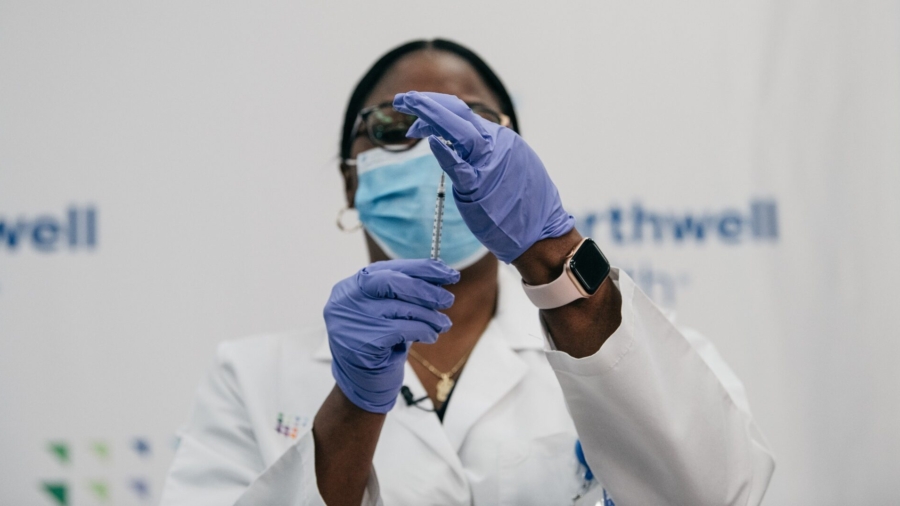The Centers for Disease Control and Prevention (CDC) said Wednesday in updated guidance on its website that “fully vaccinated persons who meet criteria” don’t have to quarantine after they are exposed to someone with COVID-19.
“Fully vaccinated persons who meet criteria will no longer be required to quarantine following an exposure to someone with COVID-19,” the federal agency said. “Additional considerations for patients and residents in healthcare settings are provided.”
“Fully vaccinated” persons, per the CDC, are individuals who have received the full dosage of either a two-dose or single-dose vaccine for more than two weeks. In order to avoid quarantine, individuals will also need to meet two additional criteria, being that they “are within 3 months following receipt of the last dose” of their vaccine and “have remained asymptomatic since the current COVID-19 exposure.”
The CDC adds that people who don’t meet the three criteria should follow its quarantine guidance, which stipulates that they should stay away from others for two weeks after exposure to COVID-19.
Those who are “fully vaccinated” still needs to watch for symptoms if exposed to the CCP (Chinese Communist Party) virus, which causes COVID-19, for two weeks. Furthermore, they still need to follow the CDC’s current guidance to reduce COVID-19 spread, which includes practices of wearing a mask, staying six feet away from others, avoiding crowds and poorly ventilated spaces, and personal hygiene.
“This recommendation to waive quarantine for people with vaccine-derived immunity aligns with quarantine recommendations for those with natural immunity, which eases implementation,” the CDC said. It adds that “vaccination has been demonstrated to prevent symptomatic COVID-19” and that purely asymptomatic transmission is believed to have less of a role in spreading the virus, compared to than symptomatic or pre-symptomatic transmission.
Two vaccines are currently authorized by the U.S. Food and Drug Administration (FDA) for emergency use in the United States—one created by Pfizer and its partner BioNTech, and another created by Moderna and the National Institutes of Health. The FDA is set to review Johnson & Johnson’s vaccine for emergency use approval later this month.
Drugmakers cannot be sued for monetary damages in court over injuries caused by vaccines or other countermeasures for COVID-19, according to an amendment to the PREP Act.
The FDA’s approval of the Pfizer-BioNTech vaccine marked the first time it approved a vaccine that uses messenger RNA (mRNA) technology. The mRNA carries a segment of genetic material from the spike protein of SARS-CoV-2, using it to elicit an immune response that will allow the body detect and fight off the full virus.
“When a person receives this vaccine, their body produces copies of the spike protein, which does not cause disease, but triggers the immune system to learn to react defensively, producing an immune response against SARS-CoV-2,” an FDA announcement reads.
Moderna’s vaccine uses the same mRNA technology. Dr. Tal Zaks, Moderna’s chief medical officer, says the make-up of the two vaccines are not identical, with some of the lipids or fats encasing the vaccines being different.
“I would not necessarily assume” that any adverse reactions would be the same, he previously said, in response to news from limited cases of recipients experiencing undesirable physical responses to the vaccine.
Reuters and The Associated Press contributed to this report.
From The Epoch Times


